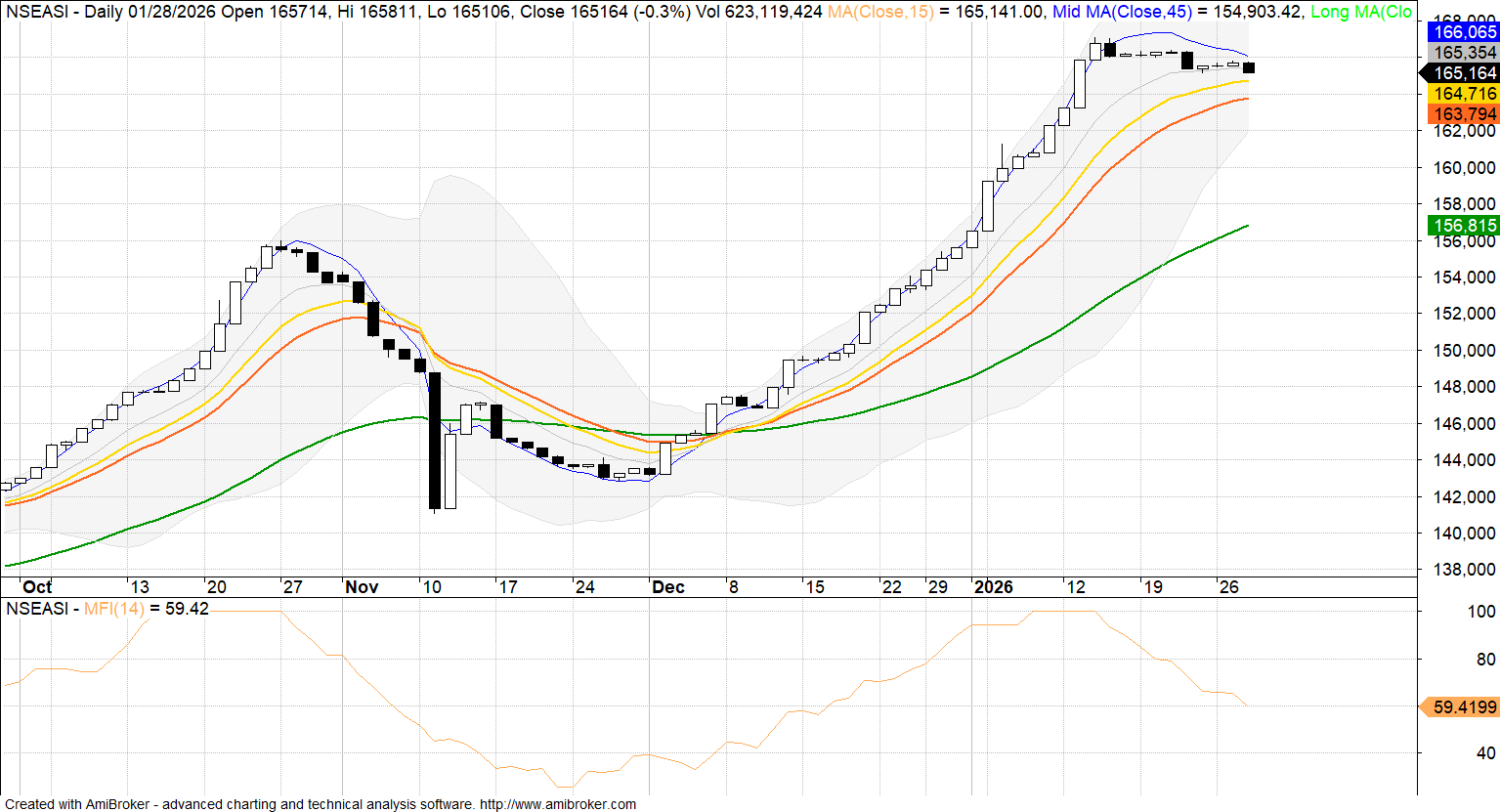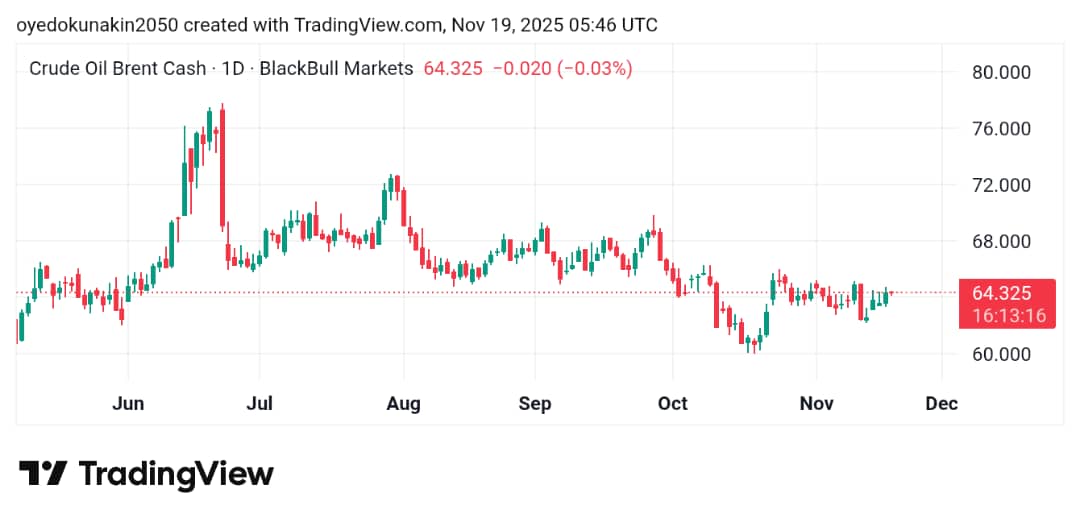
Akintunde Oyedokun
Research Analyst
Oil prices edged lower Thursday as investors feared U.S. tariffs could dampen global energy demand, despite a temporary boost from a U.S.-Vietnam trade deal. Brent crude slipped 31 cents to $68.80, and WTI fell 45 cents to $67. Traders are also bracing for OPEC+ to raise output by 411,000 bpd this weekend, while China’s slowing services sector and a surprise U.S. crude inventory build added to demand concerns. Meanwhile, U.S. job data was mixed, and fresh sanctions on Iran and Hezbollah stirred geopolitical tensions.
Canada’s May Trade Deficit Shrinks As Export Diversification Offsets U.S. Decline
Canada’s trade deficit narrowed to C$5.9 billion in May, down from C$7.6 billion in April, as exports rose for the first time in four months, growing 1.1% despite continued declines in U.S.-bound shipments. A surge in gold exports to the UK helped drive overall growth, while total imports fell 1.6%. Trade with the U.S. hit a multi-year low due to ongoing tariff tensions, pushing Canadian businesses to expand into other global markets.
U.S. Jobless Claims Dip, But Long-Term Unemployment Remains Elevated
The number of Americans filing new jobless claims fell to 233,000 for the week ending June 28 — the lowest in six weeks — indicating a modest slowdown in layoffs. The figure came in below economists’ expectations of 240,000, according to the Labor Department.
However, the number of people continuing to receive unemployment benefits held steady at 1.964 million for the previous week, the highest level since late 2021. This suggests that while fewer workers are entering unemployment, many are struggling to find new jobs.
Kenya’s Economy Expands 4.9% in Q1 2025, Driven By Agriculture, Manufacturing
Kenya’s economy grew by 4.9% year-on-year in Q1 2025, matching the pace from a year earlier, supported by gains in agriculture, manufacturing, and favorable weather, according to the national statistics bureau. While all sectors recorded growth, expansion in accommodation, ICT, and finance sectors slowed sharply. Despite global risks, the finance ministry expects 5.3% growth in both 2025 and 2026, backed by macroeconomic stability.
Nigeria’s Customs Arm Boosts Half-Year Revenue To N747bn, Up 30% From 2024
The Nigeria Customs Service, Tin Can Island Port Command, generated N747.07 billion between January and June 2025—a 29.85% increase from N575.36 billion in the same period of 2024. This performance met 98.03% of its revenue target.
Comptroller Frank Onyeka attributed the growth to the new Bodogwu clearance system, continuous stakeholder training, and improved enforcement. The command also recorded key security breakthroughs, including drug seizures worth over N8 billion and interception of arms and ammunition.












